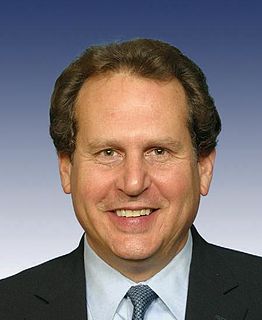A Quote by Jose Angel Gurria
We are totally schizophrenic. We are trying to reduce emissions, and we subsidize the consumption of fossil fuels.
Quote Topics
Related Quotes
CO2 is a minor player in the total system, and human CO2 emissions are insignificant compared to total natural greenhouse gas emissions. Therefore, lowering human CO2 emissions will have no measurable effect on climate, and continued CO2 emissions will have little or no effect on future temperature....While controlling CO2 emissions from burning fossil fuels may have some beneficial effects on air quality, it will have no measurable effect on climate, but great detrimental effects on the economy and our standard of living.
Developed and benefited from the unsustainable patterns of production and consumption which have produced our present dilemma. It is clear that current lifestyles and consumption patterns of the affluent middle class-involving high meat intake, consumption of large amounts of frozen and convenience foods, use of fossil fuels, appliances, home and work-place air-conditioning, and suburban housing-are not sustainable. A shift is necessary toward lifestyles less geared to environmentally damaging consumption patterns.
If we want energy security, then we have to reduce our appetite for fossil fuels. There's no other way. Other issues may crowd the headlines, but this is our fundamental challenge. Big challenges require bold action and leadership. To get the United States off fossil fuels in this uneasy national climate of terrorism and conflict in the Persian Gulf, we must treat the issue with the urgence and persistance it deserves. The measure of our success will be the condition on which we leave the world for the next generation.
The climate crisis is both the easiest and the hardest issue we have ever faced. The easiest because we know what we must do. We must stop the emissions of greenhouse gases. The hardest because our current economics are still totally dependent on burning fossil fuels, and thereby destroying ecosystems in order to create everlasting economic growth.





































